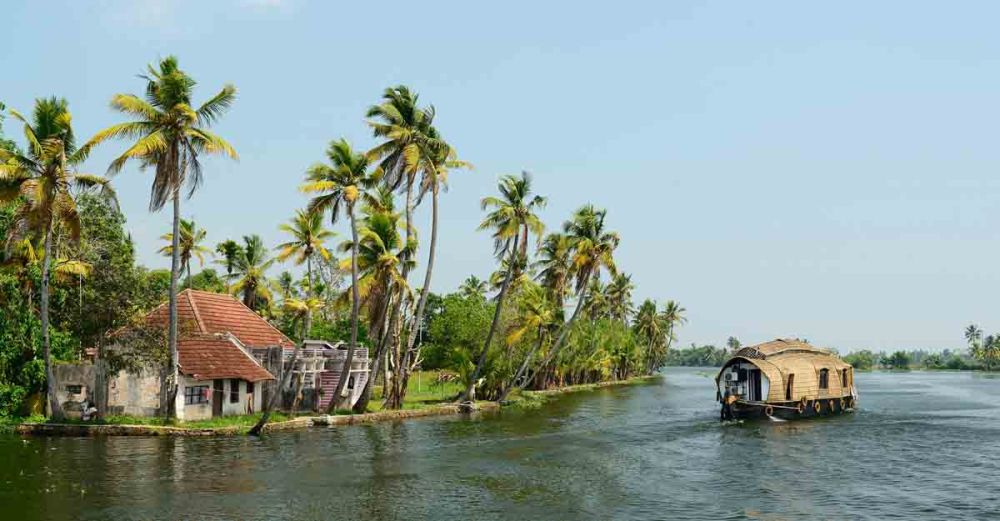

Kumarakom, nestled on the banks of the Vembanad Lake in Kerala, India, has burgeoned from a lesser-known backwater destination to a world-renowned tourism hotspot. The history of Kumarakom as a sought-after tourist destination is intrinsically linked to its natural beauty, cultural richness, and the ancient traditions of hospitality in Kerala.
The seeds of tourism in Kumarakom were sown with the establishment of the Kumarakom Bird Sanctuary in the late 19th century. It was originally developed by an Englishman, George Alfred Baker, who transformed the area into a rubber plantation. The bird sanctuary, with its vast variety of avian species, soon became a draw for nature enthusiasts.
The real transformation of Kumarakom into a premier tourism destination began in the 1980s with the advent of the houseboat industry. These traditional 'Kettuvallams' were renovated to cater to tourists seeking a serene and luxurious experience on the backwaters. The houseboat cruises became synonymous with Kumarakom, attracting tourists from around the world and significantly impacting the local economy.
The Kerala government, recognizing the potential of tourism, introduced various initiatives to develop infrastructure, promote sustainability, and enhance the tourism appeal. The 'Responsible Tourism' initiative in particular sought to involve local communities in tourism activities to ensure economic benefits were more evenly distributed. Additionally, Kumarakom was put on the global map when it received the 'World Travel Award' for being a top eco-tourism destination.
In recent years, tourism trends in Kumarakom have been shaped by an increased emphasis on sustainable practices and the promotion of wellness tourism. The region has seen a growth in the number of resorts offering Ayurvedic treatments and yoga retreats, catering to travelers seeking rejuvenation and an escape from their hectic lives. Farm tourism has also emerged, allowing tourists to experience rural life in the Kerala backwaters.
Today, Kumarakom is a thriving tourist destination offering a slice of paradise with its tranquil backwaters, lush paddy fields, and verdant mangrove forests. It continues to be recognized for its commitment to sustainability and community-driven tourism, ensuring that its growth does not come at an environmental or cultural cost. With its blend of natural beauty, unique cultural experiences, and emphasis on responsible travel, Kumarakom is poised to remain a beloved destination for years to come.
Whether it's basking in the serenity of the backwaters, enjoying the local cuisine, or indulging in a therapeutic Ayurvedic massage, Kumarakom welcomes travelers with a promise of an authentic experience imbued with the essence of Kerala's splendid heritage.